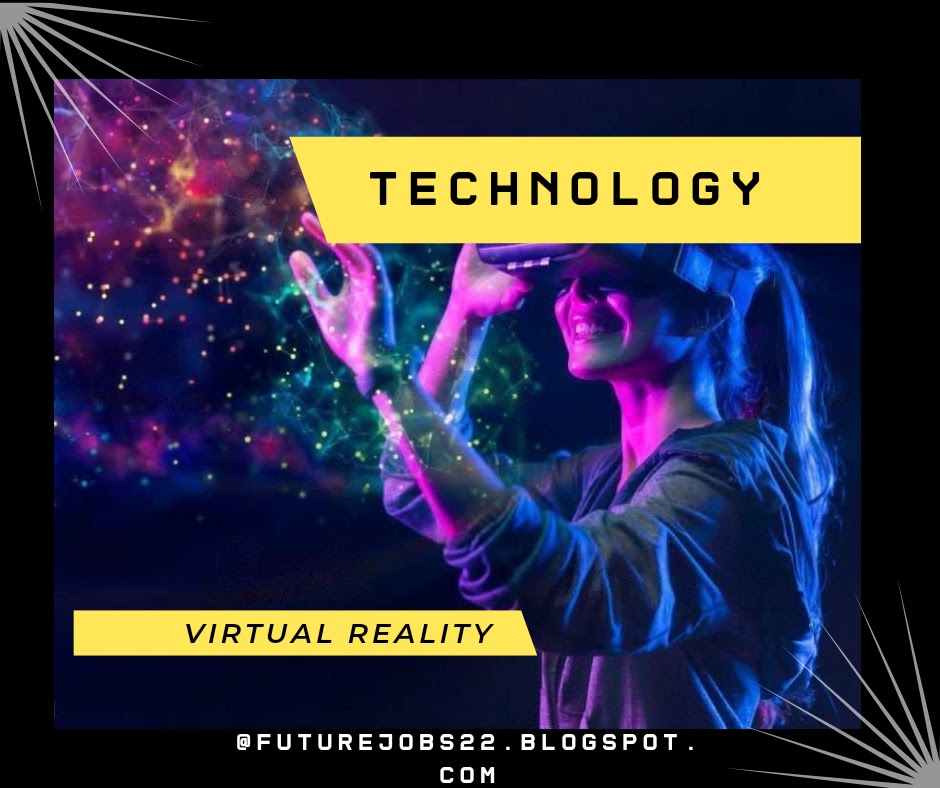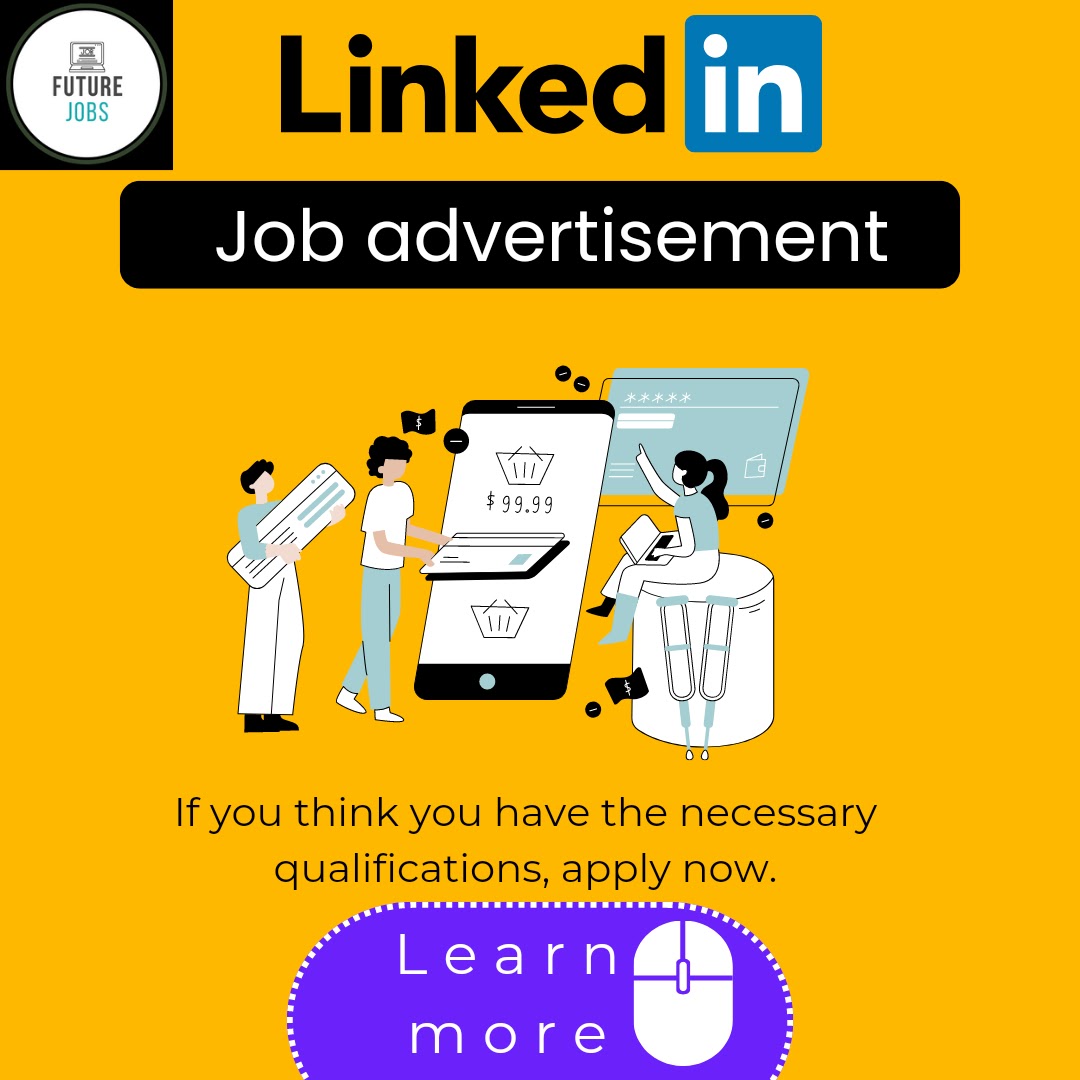What is the future of work in virtual reality development?
What would a workplace look like in a virtual reality world?
Virtual reality has come a long way in the past few years. While it was once seen as more than a gimmick, today's VR headset has far more functionality and value than its predecessors - especially when it comes to business applications.
Technology is getting cheaper and more user-friendly every day, which means that the development of virtual reality will soon become prevalent in all kinds of industries including work environments.
What does this mean for the future of work? Here are some thoughts on the matter...
A Brief History of Virtual Reality
The first VR jobs were created in the 1960s, when computer scientists began developing early virtual reality systems. In the 1980s, companies began using virtual reality for training and simulation.
In the 1990s, VR began to be used for entertainment, with games and movies created for VR headsets.
Today, VR is used for a variety of purposes, including education, healthcare, retail, and more.
The future of work in virtual reality
(3 sentences): The future of work in virtual reality is exciting and full of possibilities. Many different functions are already being developed in this field; However, we can only speculate what it might look like in the coming decades.
Will these jobs require a lower time commitment or a higher degree than those without VR? What new skill sets need to be developed for this new type of job market? How will employers deal with issues such as workers getting sick from using virtual reality or feeling overwhelmed by workloads due to limited screen space on their HMDs?
Implications for VR
With the advent of virtual reality, it is not surprising that people are wondering what effects this technology will have on the future of work. Will we see an increase in jobs that involve virtual reality development?Will more companies move to a virtual office space? Only time will tell, but it's definitely an exciting time to be alive and working in the tech industry!
One possible future is that jobs in virtual reality development and design will become so popular that many workers specialize in creating different types of environments within immersive applications.
Another possibility is huge offices with open spaces to make room for smaller companies or freelancers working from home while communicating through headphones or avatars. Jobs may also change in education - perhaps teachers can create lesson plans directly within their students' virtual environment rather than requiring students to attend class at all times.
Ready or not, here's virtual reality
Virtual reality technology is constantly changing and evolving. We're just starting to scratch the surface of what's possible with virtual reality. So what does that mean for the future of work? How will jobs change and adapt in the world of virtual reality? Only time will tell, but we're excited to find out!
With all the possibilities (and challenges) still untapped, we can't say exactly how this will affect everyday life. Frankly, even the best futurists don't know exactly what the workplaces of the future will look like.
One thing is for sure - change is soon, and it won't be pretty for everyone. As machines become more efficient and easier to operate than humans (hopefully), there may be a decline in available jobs...but hey! This just leaves more time to do cool things in your spare time! If you are interested in the future of jobs in virtual reality development, we can provide some insight into this as well.
When we started developing our own virtual experiences at a Virtual Reality Company (VRC), we were mostly developers and designers - both jobs so far spared from automation. However, as virtual reality becomes more accessible and widespread, these jobs may not be so lucky.
It may be inevitable that these tasks will eventually be subject to machine takeover; Virtual experiences are made up of pixels after all.
How to succeed in your career with virtual reality
To be successful in your career with virtual reality, you must be comfortable with change and be able to adapt to new technologies. You will also need strong communication and interpersonal skills. Additionally, it pays to be creative and have a good understanding of the latest trends in both virtual reality and the job market. Here are some of the functions that could be improved due to virtual reality:
- Developers- Developers create apps and programs for use on virtual devices such as Oculus Rift or Samsung Gear. Virtual Reality is becoming more prevalent as people spend more time on their phones or computers outside the office. The Bureau of Labor Statistics predicts that there will be 1 million job openings for developers by 2020, so there is still plenty of opportunity for those who are interested in this field.
- Designers- Designers create the visual aspects that users interact with when they are using virtual technology. They often specialize in specific fields such as video games or architecture design.
My three predictions for how the workplace will change
- With the rise of virtual reality, more jobs will be done remotely.
- The future of work will be more collaborative, with people working together from different locations to create virtual projects.
- Virtual reality will change the way we train employees and onboard new hires, as well as how we conduct meetings and company-wide events. The way that we think about jobs will also change because not all occupations can exist in virtual worlds. For example, there's no such thing as an accountant for VR games or virtual products. Yet some positions might never exist at all because of how rapidly technology is changing, such as accountant for VR games. These are just my predictions but I'm looking forward to seeing what other possibilities the future holds!
Tips on how to succeed as an employee
The future of work is looking more and more like it will be done in virtual reality. To succeed as an employee in this new landscape, here are a few tips:
- Get comfortable with the technology. If you're not familiar with virtual reality, start exploring and learning about it now. The better you understand the technology, the better equipped you'll be to use it for work.
- Be open to new ways of doing things. Virtual reality has the potential to change how we do many different jobs- so if you find yourself feeling nervous or scared at first, just remember that there's no guarantee what your job will look like 10 years from now.
- Expect things to take time- don't jump into VR development too quickly without understanding why. Taking time to understand what your company's goals are and how virtual reality can help them reach those goals is crucial before jumping into anything else.
Virtual reality goes beyond just gaming and entertainment.
How could you apply it to your career?
The way we work is changing. With advances in technology, more and more jobs are being done remotely. And now, with the rise of virtual reality, even more jobs can be done from anywhere in the world.
It also changes how they interact with their environment by allowing them to manipulate objects as if they were really there.
Virtual reality opens up many opportunities for jobs that never existed before - jobs that utilize both virtual and augmented realities, as well as telepresence robots and holograms - that did not exist before this point in time.
It's only going to continue to grow exponentially over the next few years, opening up new job opportunities for remote workers who want flexibility or people who want to travel but don't want to give up their jobs.
People will have access to jobs regardless of where they live or what skills they have. If you're curious about virtual reality jobs and what some might entail, check out Career Connectors guide on Virtual Reality Jobs.



Comments
Post a Comment